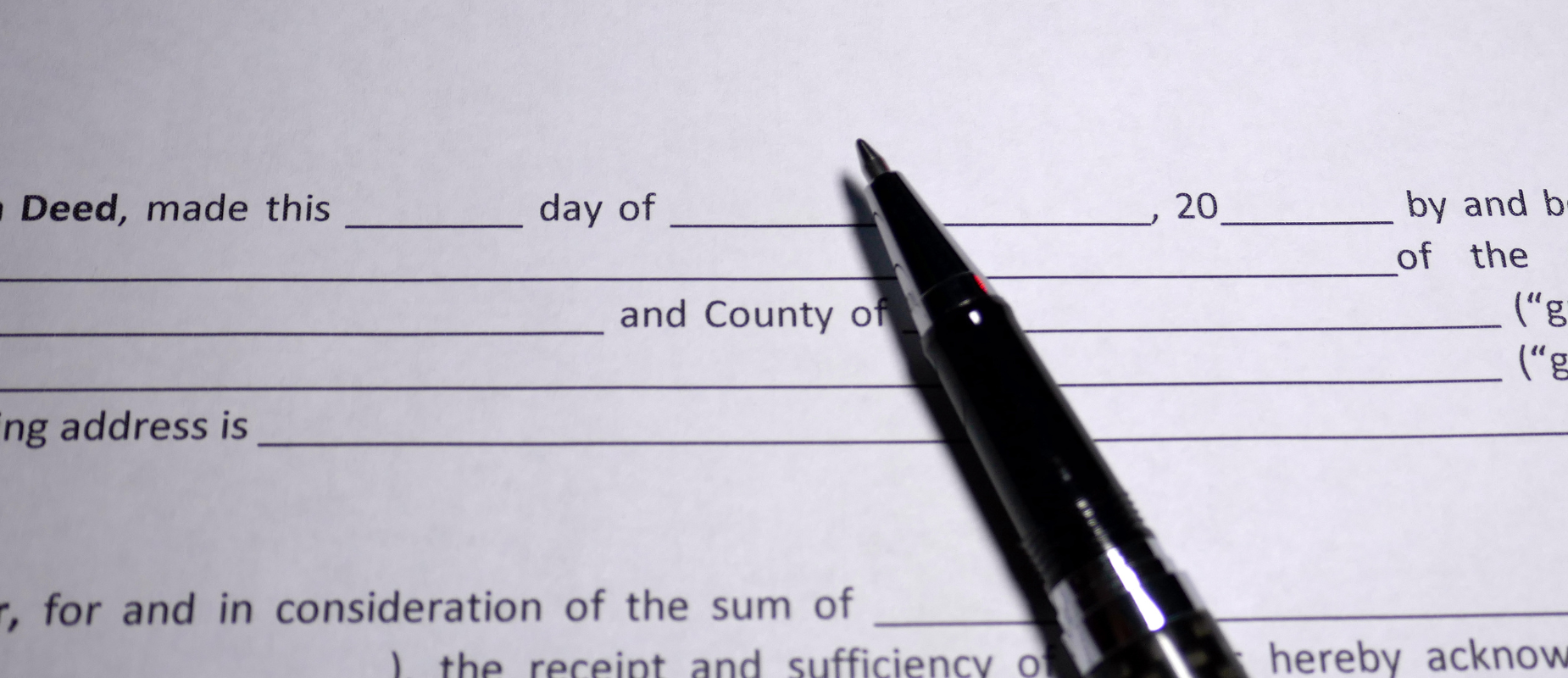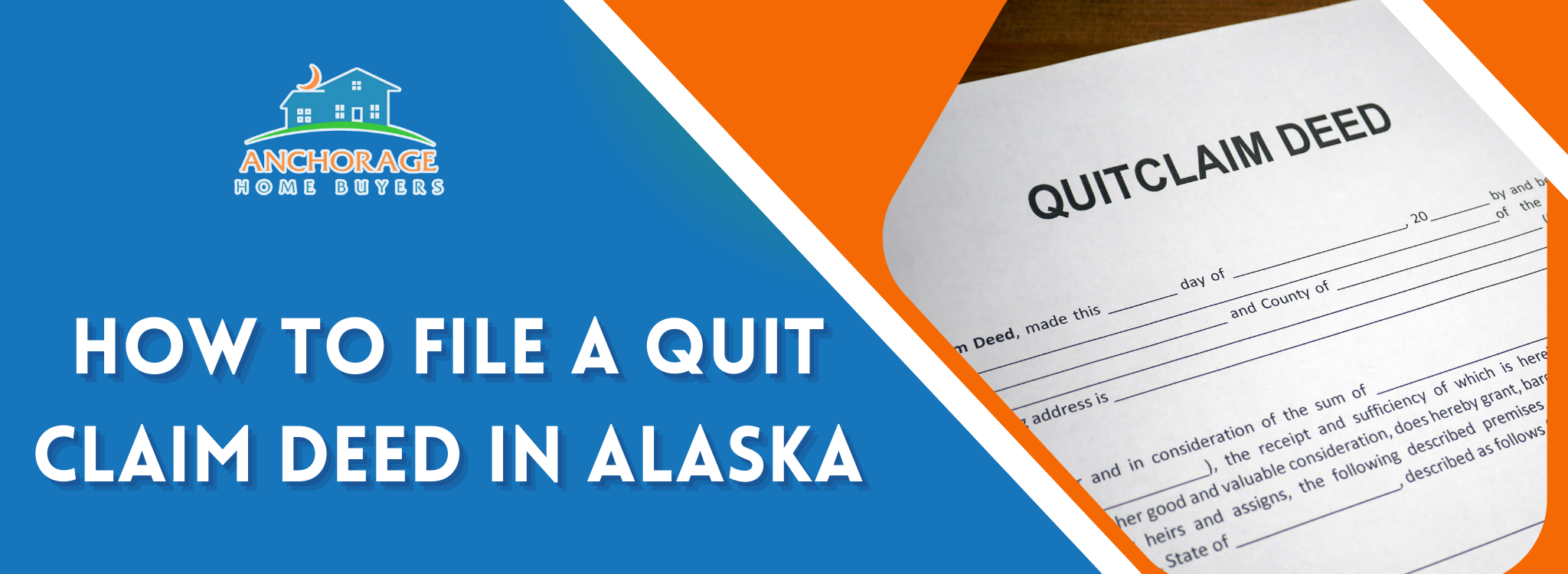
How Can You File a Quitclaim Deed in Alaska?
Filing a quitclaim deed in Alaska requires specific steps to ensure it is legally recorded and compliant. This guide will outline the process clearly and simply.
What Are the Initial Steps in Preparing Your Quitclaim Deed?
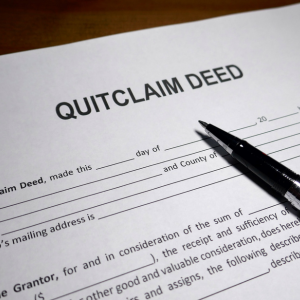
- Get the Correct Form: Obtain the quitclaim deed form designed for Alaska. This document is necessary for legally transferring property.
- Fill Out the Form: Accurately complete the deed with details such as the grantor’s name (who is releasing the claim), the grantee’s name (who is receiving the claim), and a full description of the property.
- Consult Legal Experts: While quitclaim deeds are generally straightforward, it’s wise to get legal advice. This can help clarify any uncertainties regarding property transfer documents in Alaska.
Where Should the Quitclaim Deed Be Filed?
After preparing your deed, you must file it in the proper location to be valid. You should file your quitclaim deed in Alaska with your local public records office. Typically, this is the land records office in the borough where the property is situated. Filing it correctly is critical for inclusion in Alaska’s official deed recordation.
What Fees Are Involved in Filing?
You should expect to pay document filing fees when you file your deed in Alaska. These fees may differ by borough. There may also be other expenses associated with your deed transfer procedure. It’s a good idea to call the recording office in Alaska beforehand to get an estimate of these fees.
What Are the Legal Requirements for Quitclaim Deeds in Alaska?
In Alaska, quitclaim deeds help transfer property rights but do not guarantee a clear title. Knowing the legal steps to complete a quitclaim deed ensures a valid and effective property transfer.
Are There Specific Signing Requirements?
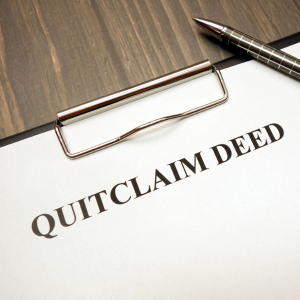
When preparing a quitclaim deed in Alaska, there are specific signing requirements to follow:
- Signature: The grantor and any co-owners involved in the property transfer must sign the deed.
- Notarization: A notary public must witness the signing of the quitclaim deed and provide their seal to authenticate the document.
- Legal Documents: Ensure all related documents comply with Alaska’s property laws for smooth transfer.
Does the Quitclaim Deed Need to Be Notarized?
Yes, notarization is necessary for a quitclaim deed in Alaska. Notarization confirms the document’s authenticity and shows that all parties signed willingly, making it a binding legal document for property transfers.
Are There Any Special Considerations for Property Transfers?
When transferring property in Alaska, consider the following:
- Real Estate Deed Process: After notarizing the deed, submit it to the local recording office to complete the registration process.
- Title Transfer: Ensure all documentation for the title transfer is accurate to prevent future ownership disputes.
- Property Title Changes: Follow Alaska’s guidelines for documenting any changes to the property title to ensure legality.
- Deed Registration Process: After notarization, register the deed with the county office to update public records and finalize the transfer.
Following these guidelines can ensure a successful property transfer using a quitclaim deed in Alaska. For further assistance, consider consulting professionals experienced with Alaska’s property laws.
Who Can Use a Quitclaim Deed in Alaska?
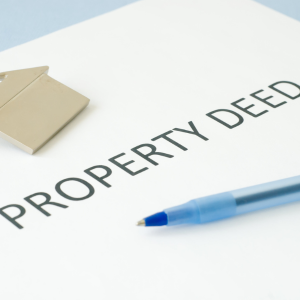
A quitclaim deed is a legal instrument in Alaska that transfers property or real estate titles. Unlike a warranty deed, it does not guarantee the title’s validity. It is frequently employed when parties trust one another, such as amongst family members or during divorce proceedings. Anyone in Alaska who wishes to transfer property without comprehensive assurances may utilize a quitclaim document.
Is a Quitclaim Deed Suitable for Real Estate Transactions?
A quitclaim deed is best used in real estate transactions where ownership is clear and both parties recognize the dangers. It is useful for making internal ownership changes, such as adding a spouse to a title. However, it may not be acceptable for normal transactions requiring title guarantees because it does not provide warranties against other property claims.
Can Quitclaim Deeds Be Used for Adding or Removing Names on a Title?
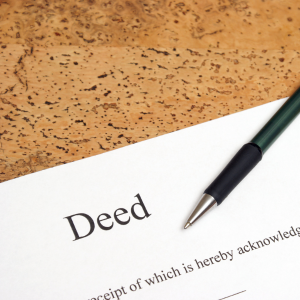
Yes, quitclaim deeds are frequently used in Alaska to add or remove names from a property title. The process is easy, and owners can change who owns the title without going through complicated property transaction formalities. Recording these changes with local government offices updates public records and ensures that new ownership details are legally acknowledged.
What Are the Limitations of a Quitclaim Deed?
Before using a quitclaim deed, be sure you understand its limitations. One big disadvantage is that the seller does not provide guarantees or title assurance. Thus, buyers assume all risks associated with the property’s title, including undiscovered liens or claims. Because of these risks, you should consult a legal practitioner about potential legal consequences and property rights issues.
Why Is It Important to Understand the Implications of a Quitclaim Deed?
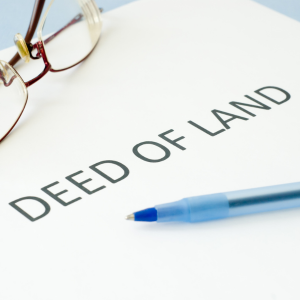
When dealing with property transfers, you must understand the ramifications of a quitclaim deed. This form of deed has a substantial impact on ownership rights. It just transmits the grantor’s interest in a property without any promises or warranties. Understanding its ramifications allows you to make educated decisions and prevent legal problems. It is frequently used in non-sale scenarios, such as transferring property between families or into trusts.
How Does a Quitclaim Deed Affect Ownership Rights?
A quitclaim deed changes who owns something by giving title from the giver to the grantee. But that doesn’t mean the property is free of claims or liens. The person giving the title gives up all rights to the land, but they don’t promise the title is valid. The grantee’s rights are affected because they now have to deal with any title problems that may already exist on the land. Everyone needs to know how this deed changes legal rights.
What Are the Risks and Benefits?
When considering a quitclaim deed, weigh the risks and benefits:
Risks:
- Less Secure Transfer: There are no assurances about the property’s title, putting the grantee at risk for potential disputes over ownership.
- Potential Liens: Existing claims against the property remain unresolved with a quitclaim deed.
Benefits:
- Speed: Quitclaim deeds allow quick transfers, making them ideal for informal transactions.
- Simplicity: These documents are simple and require less paperwork than other deeds.
Understanding these factors can help you decide if a quitclaim deed is right for your situation.
How Do Quitclaim Deeds Compare to Warranty Deeds?

Several key differences stand out when you compare quitclaim deeds to warranty deeds. A quitclaim deed offers less protection, as it lacks guarantees about the legal title. In contrast, a warranty deed assures the grantee that the title is clear and that the grantor has the right to transfer it.
Comparison Highlights:
- Quitclaim Deeds: No title guarantee, less protection, suitable for intra-family transfers or fixing title defects.
- Warranty Deeds: Provide guarantees and the highest protection, typically used in standard property sales.
Recognizing these differences helps grantors and grantees choose the deed type that best meets their needs.
Can You Amend or Correct a Filed Quitclaim Deed in Alaska?
You can amend or correct a filed quitclaim deed in Alaska, but you must follow the state’s property laws closely. This process involves specific documentation and filing fees. Understanding amendments’ impact on ownership and legal standing is crucial for anyone involved in such transactions.
What Steps Should Be Taken for Corrections?

To correct a quitclaim deed, follow these straightforward steps:
- Identify Errors: Carefully review the original quitclaim deed for mistakes.
- Prepare a Correction Document: Draft a new document that outlines the needed corrections. This typically involves a legal document for transferring property.
- Obtain Notarization: Get the corrected document notarized to verify the identities of all parties involved and their intent to correct the deed.
- Consult Legal Advice: To ensure compliance with Alaska property laws, seeking legal advice on quitclaim deeds might be wise.
Is a New Filing Required for Amendments?
A new filing procedure is usually needed to record the corrected deed. Submit the corrected document to Alaska’s recording office. This deed recordation process updates the public records with the amendments.
What Documentation Is Necessary for Filing Corrections?
Proper documentation is essential when filing deed corrections. Follow these guidelines:
- Corrected Deed Document: Make sure it details the intended amendments.
- Supporting Documents: Include any required legal documents for verification.
- Payment of Filing Fees: Prepare to pay the document filing fees in Alaska, which may vary depending on the amendment’s specifics.
FAQs:
What is a quitclaim deed, and how is it different from other deeds?
A quitclaim deed is a legal document that transfers ownership of a property without assurances on the validity of the title. Unlike warranty deeds, it does not guarantee the title is free of claims or liens.
How do I file a quitclaim deed in Alaska?
To file a quitclaim deed in Alaska, fill out the required form with the correct details of both parties. Submit it to the Recorder’s Office in the borough where the property is located. Make sure to follow the document submission guidelines for acceptance.
Can I file a quitclaim deed online in Alaska?
Yes, some boroughs offer online filing for quitclaim deeds. Check with the specific Recorder’s Office for available online services and any technical requirements.
Where can I find quick claim deed forms for Alaska properties?
Quick claim deed forms, or quitclaim deeds, are available at local Recorder’s Offices or can be downloaded from official Alaska government websites. Ensure compliance with local regulations.
What criteria must be met for acceptance of a quitclaim deed in Alaska?
A quitclaim deed must include an accurate property description, the names of the grantor and grantee, and a notarized signature. Any errors may lead to rejection.
Do I need an affidavit to file a quitclaim deed in Alaska?
Typically, an affidavit is not needed to file a quitclaim deed, but it might be required if additional conditions affect the transfer. Review local guidelines or seek legal advice for specific situations.
Are there any costs associated with filing a quitclaim deed in Alaska?
Yes, filing fees vary by borough. Contact the relevant Recorder’s Office for fee details and payment options.
What are the common uses of a quitclaim deed in Alaska?
Quitclaim deeds are often used among family members, during divorce settlements, or when property is transferred without monetary exchange. They simplify the process but lack title guarantees.
Key Insights
- To file a quitclaim deed in Alaska, obtain quick claim deed forms from a reliable source, ensuring they meet state-specific needs.
- We guide filing a quitclaim deed, detailing essential steps and document submission guidelines to ensure a smooth process.
- Use online resources to file a quitclaim deed online and access quick claim deed forms quickly and conveniently.
- Learn about Alaska quitclaim deed acceptance criteria to ensure compliance and avoid common filing errors.
- Understand the quitclaim deed affidavit requirements to support the validity of your transaction.
- Follow our procedure on how to file a deed effectively, ensuring all necessary documentation is complete before submission.
- Access comprehensive instructions for online deed filing in Alaska, simplifying the process for homeowners.
- Explore the steps in filing a quitclaim deed in Alaska, including key deed acceptance criteria.
This information applies to Alaska and its cities, including Meadow Lakes, Big Lake, and Eagle River. For assistance or questions, please call us at (907) 331-4472. You can also visit our website at Anchorage Home Buyers for more details.
Sell Your House For Cash Today
More Resources For Sellers In Alaska

